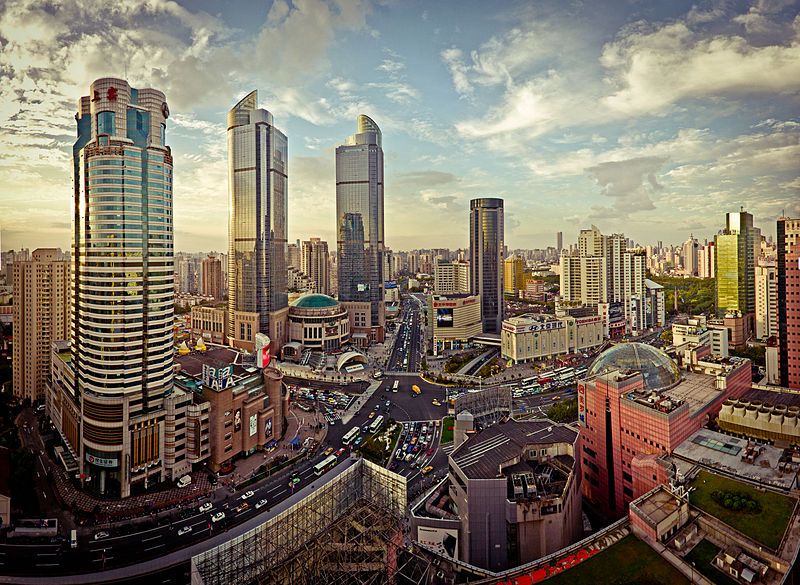Chinese company joins WWF’s Climate Savers Programme
WWF has announced that Yingli Green Energy Holding Company Limited (Yingli), one of the world’s largest manufacturers of solar panels, has become the first Chinese company, to join WWF’s Climate Savers programme. Yingli is also the first Chinese company to set a renewable electricity consumption target and by the end of 2015, at least 4% of the electricity that Yingli consumes will come from renewable sources. Renewable energy sources, including solar, biomass, wind and geothermal, currently comprises 1% of China’s energy consumption portfolio.

WWF has announced that Yingli Green Energy Holding Company Limited (Yingli), one of the world’s largest manufacturers of solar panels, has become the first Chinese company, to join WWF’s Climate Savers programme.
Yingli is also the first Chinese company to set a renewable electricity consumption target and by the end of 2015, at least 4% of the electricity that Yingli consumes will come from renewable sources. Renewable energy sources, including solar, biomass, wind and geothermal, currently comprises 1% of China’s energy consumption portfolio.
Yingli’s renewable electricity target is realistic because it has championed solar energy application. The company operates more than 20 Megawatts (MW) of solar systems in its manufacturing centres to power the production of PV modules. It plans to continue to increase its consumption of renewable electricity by installing more solar systems in the future.
In addition to its renewable electricity consumption target, Yingli has also agreed to a number of significant targets to reduce its carbon emissions.
By the end of 2015, Yingli aims to reduce GHG emissions intensity by 13% compared with 2010 levels. Further, also by the end of 2015, Yingli expects to reduce GHG emissions from purchased goods and services by 7% compared with 2010 levels. Yingli also targets to reduce GHG emissions intensity from upstream transportation by 10%, compared to 2010 levels.
Finally, Yingli also plans to launch a Global Green Solar PV Manufacturing Standard with the support of WWF by the end of 2015. This standard aims at promoting energy consumption reduction in the PV industry, increasing utilization percentage of renewable energy and reducing GHG emissions.
WWF’s Climate Savers programme began in 1999, and now counts 30 member companies. To become a member, a company works with WWF and an independent technical expert to set and agree to new CO2emission reduction targets that are more aggressive than existing targets. The company then formulates a plan to achieve these targets, and WWF and the independent technical expert will monitor to ensure the plan is followed and the targets are achieved.
